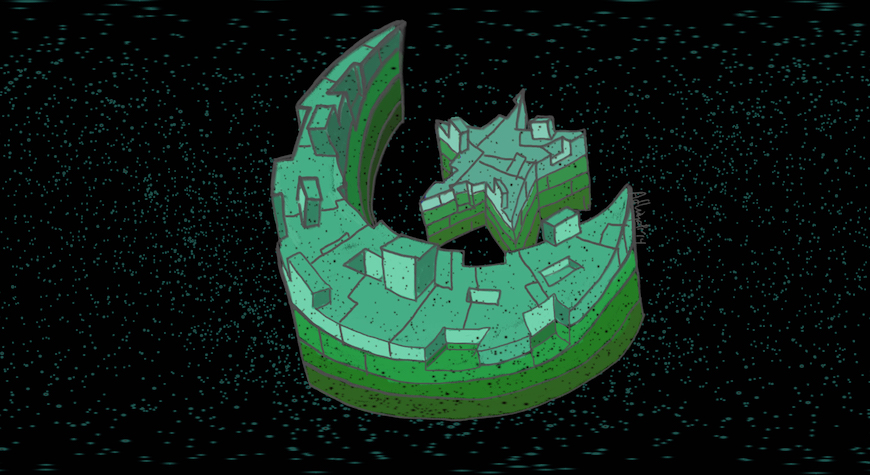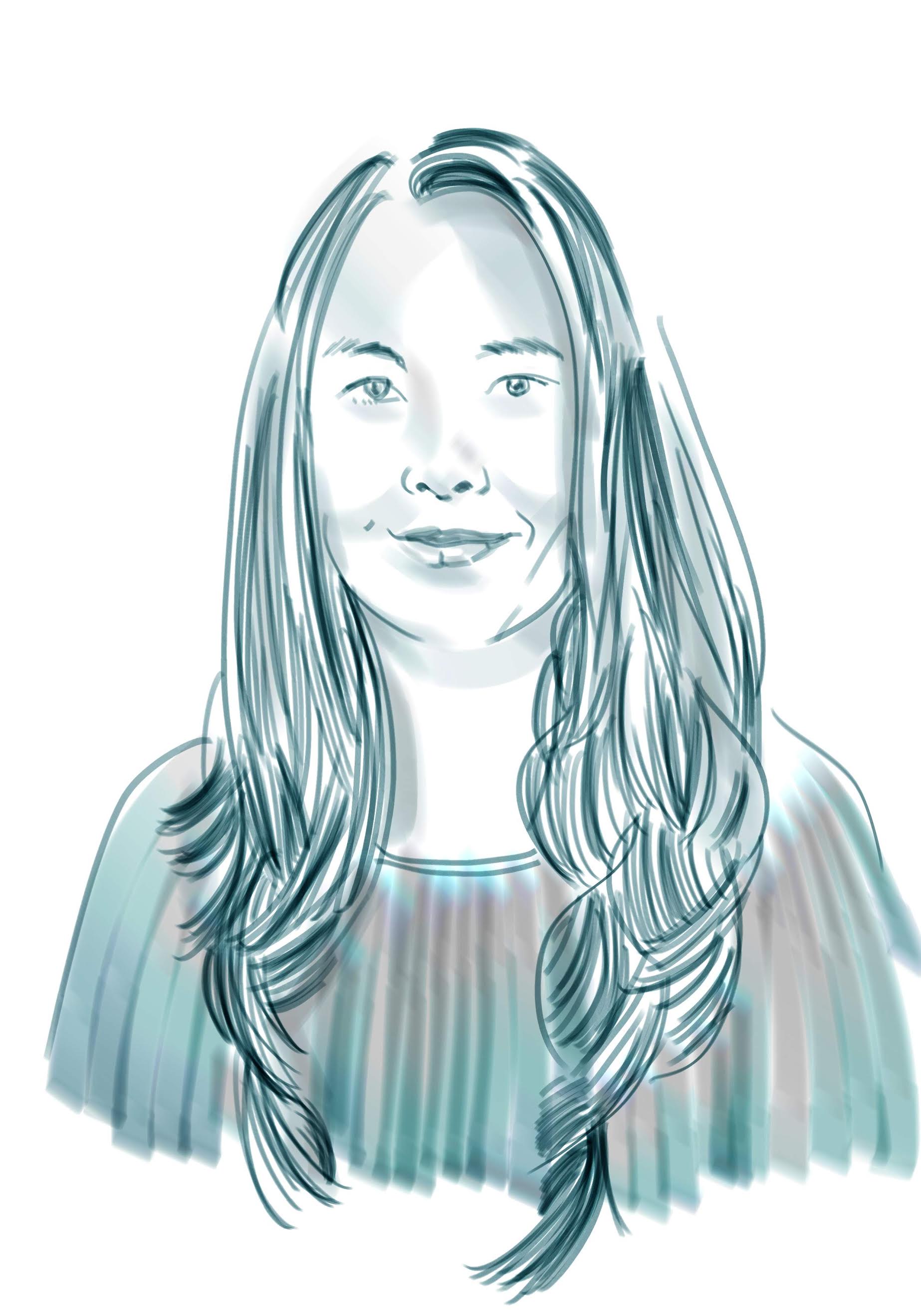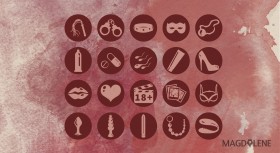Truth, balance, the need to verify, and independence – these are some of the elements of good journalism, but they are also values shared by Islamic teaching, a journalism professor has said.
Janet Steele, associate professor of journalism at the George Washington University in Washington, D.C, said she found this while researching on journalism and Islam in Southeast Asia, particularly in Indonesia and Malaysia.
“I’m not an expert on Islam, but I might be an expert on journalism,” said Steele during the public lecture “Islamic Journalism in Southeast Asia” at Syarif Hidayatullah State Islamic University (UIN) in South Tangerang early this week.
“In the book The Project of Excellence in Journalism written by Bill Kovach and Tom Rosenstiel, there are nine elements of good journalism. Out of those nine elements, I found four elements that are aligned with the Islamic values: truth, balance, verification, and independence from power,” she added.
Her eight-year research into five media organizations in Indonesia and Malaysia has been published in a book entitled Mediating Islam: Cosmopolitan Journalisms in Muslim Southeast Asia (University of Washington Press, 2018). The Bahasa Indonesia translation Jurnalisme Kosmopolitan di Negara-Negara Muslim Asia Tenggara (Bentang Pustaka, 2018) has also been published.
Steele, who is the Director of Institute for Public Diplomacy and Global Communication, said that most researches on journalism and Islam are often focused on Arabic countries, although Indonesia and Malaysia have a significant population of Muslim. Indonesia has the largest Muslim population in the world
“I’m trying to write about Islam through the lenses of journalism. So I can explain to the Americans and the western world that Islam is not monolithic, and there are many variations in Islam, not just those practiced in Arabic countries,” she added.
Steele examined three publications in Indonesia – Sabili, Republika and Tempo – and two Malaysian publications, Harakah, and Malaysiakini.
“Sabili emphasizes the values of the Quran and sunnah, they explore the issue of oppression against Muslims, like in Palestine. And for them, dakwah (proselytization) is necessary,” said Steele, who is also the author of The Wars Within: The Story of Tempo, an Independent Magazine on Soeharto’s.
Unlike Sabili that embodies Islamic identity, Republika claims it not an Islamic publication, but it caters to the Muslim community, she said.
“I think Republika is interesting, because they see Muslims as a market. That is why Republika still survives as a print publication to this day,” she added.
Steele said that many people questioned her decision to include Tempo in her research,because it is not an Islamic publication. But she sees Tempo as having a mission that is aligned with the Islamic teaching, mainly their fight for justice.
“I see how journalism and Islamic principles are applied in Tempo. Tempo carries the mission of justice, and justice is one of the teachings of Islam,” said Steele.
Meanwhile, Malaysian media Harakah highlights Islamic politics in its news because the publication is part of the Malaysian Islamic Party (PAS), a Muslim opposition party in Malaysia.
“Harakah criticized the lack of press freedom in Malaysia because they want to be independent and support good journalism values,” she said.
Harakah was also inspired by Tempo’s critical stance against the New Order regime. Its “Catatan Ujung” column is even inspired by Tempo’s founding editor Goenawan Mohamad’s “Catatan Pinggir”.
In contrast, Malaysiakini distanced itself from any discussion on religion to reflect its secular editorial policy. However, on personal level, its Muslim journalists often reflect their rather religious leaning, not unlike those from religious publications like Sabili.
“When I asked the Muslim journalists at Sabili or Malaysiakini to describe their understanding of verification in journalism, they would quote a verse from the Quran,” she said.
The verse, from Al-Hujuurat 49:6, says: “O believers, if an evildoer comes to you with some news, verify it (investigate to ascertain the truth), lest you should harm others unwittingly and then regret what you have done.”
Steele continued: “This is interesting because if I asked the same question to journalists at The Washington Post, they would never quote the bible to answer it.”
Find out the Do’s and Don’ts about online dating and follow @bunnnicula on Twitter.









Comments